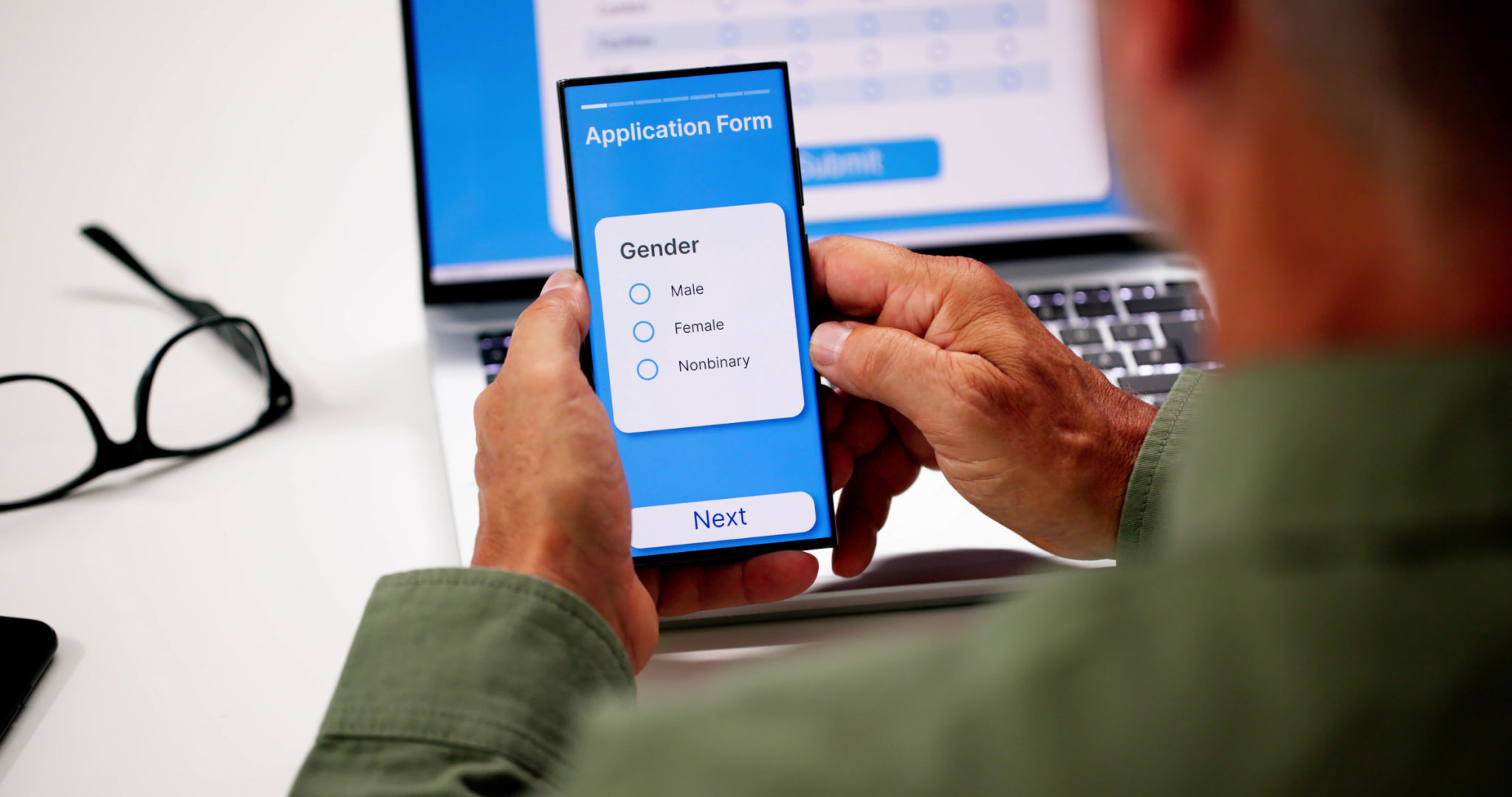Top Questions About the NDIS Answered by Experts
Understanding the NDIS: An Expert Overview
The National Disability Insurance Scheme (NDIS) is a significant initiative in Australia, designed to provide support to people with disabilities. As it continues to evolve, individuals often have questions about how it works and who can benefit from it. In this post, we address some of the top questions about the NDIS, drawing on insights from experts in the field.

What is the NDIS?
The NDIS is a government-funded program that provides financial support to individuals with a permanent and significant disability. Its primary goal is to improve the lives of participants by offering funding for essential services and supports that are tailored to their individual needs.
This scheme is unique in its person-centered approach, allowing participants to have control over how they use their funding. It enables them to choose the services and providers that best suit their personal circumstances.
Who is eligible for NDIS support?
Eligibility for the NDIS is determined based on several criteria. To qualify, an individual must:
- Be under 65 years of age at the time of application.
- Have an Australian residency status.
- Have a permanent and significant disability that affects their ability to participate in everyday activities.
Potential participants undergo an assessment process to evaluate their eligibility and specific needs. This ensures that resources are allocated effectively to those who need them most.

What types of support does the NDIS provide?
The NDIS offers a wide range of supports, which can be broadly classified into three categories:
- Core Supports: Assistance with daily activities, transport, and consumables.
- Capacity Building Supports: Services aimed at helping participants build skills and independence.
- Capital Supports: Funding for equipment and home modifications that facilitate better living conditions.
How does one apply for the NDIS?
Applying for the NDIS involves several steps. Initially, potential participants should contact the National Disability Insurance Agency (NDIA) to discuss their eligibility. Following this, they may need to provide supporting documents, such as medical reports and assessments, to substantiate their application.
If deemed eligible, participants work with a planner to develop an individualized plan that outlines their goals and the supports required to achieve them. This plan is reviewed periodically to ensure it continues to meet their changing needs.

What should participants expect during the planning meeting?
The planning meeting is a crucial component of the NDIS process. During this meeting, participants discuss their goals, current supports, and future needs with an NDIS planner or Local Area Coordinator (LAC). It is an opportunity for individuals to express their preferences and ensure their plan aligns with their aspirations.
Experts advise coming prepared with documentation and having a clear understanding of what you want from your NDIS plan. This preparation can help facilitate a productive discussion and result in a more tailored plan.
How can participants manage their NDIS funding?
Participants have several options for managing their NDIS funds:
- Self-management: Participants control their funds and payments themselves.
- Plan management: A registered provider manages the funds on behalf of the participant.
- NDIA management: The NDIA handles all payments directly to providers.
The choice depends on the participant's preferences and capacity to manage finances. Each option offers different levels of control and administrative responsibility.

The NDIS has transformed how disability support is delivered in Australia, offering greater choice and flexibility for individuals with disabilities. By understanding its key components and processes, participants can make informed decisions and access the supports they need to lead fulfilling lives.
